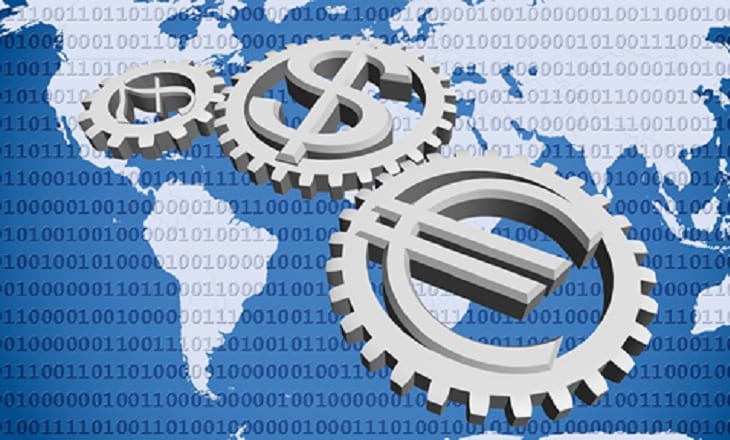This article was written by freelance writer Zak Goldberg.
While many investors in the United States haven’t been overly concerned about the outcome of the UK’s referendum and resulting vote to leave the European Union, there are some very good reasons to perhaps be a bit troubled. Of course, Brexit doesn’t necessarily pose any real financial threat in the immediate future, however, the timeline of Brexit could cause some major disruptions in trade, beginning with the EU and panning out to the US as a result. Here are a few ways in which tax changes resulting from Brexit could impact trade with the United States.
Initial Concerns Impact Trade with Britain’s Leading Trade Partners
According to the International Business Times, many large International corporations are currently weighing the possibility that increased tariffs and taxes could interrupt access to services and goods originating in the EU, and necessary for continued production in the UK. Oddly, not only are they worried about an interruption of trade with the UK, they are also fearful of an interruption of trade with the EU as well.
Investments in the UK Grinding to a Halt
Bearing in mind that the UK is a major trade partner with many of the nations in the Eurozone, it stands to reason that investments in the UK will be halted due to this uncertainty going forward. The IB Times piece goes on to point out that the interconnectivity of global commerce will cause a spiraling outward recessive effect in major economies around the globe. Will it lead to an outright recession of a global nature like that seen in 2008 and 2009? It is uncertain at this time, but the possibility is great enough that investors are increasingly reluctant to invest in the UK and in the Eurozone as well.
What Tariffs and Taxes Could Be Imposed?
There is a mixed bag of possibilities that could result from Brexit and it all depends on how the UK decides to treat leaving the EU. In some instances, tariffs and stamp duties would be high, in other instances there would be no stamp duty and limited tariffs. Everything is dependent on which path for leaving is negotiated. As it stands now, tax and tariff changes could follow one of the following four paths:
1. WTO – As a member nation of the World Trade Organization, there will be no impact on taxes or tariffs between the UK and member states. The rules governing these taxes/tariffs give no preference to Single Market countries, so trade with WTO nations would remain unaffected.
2. FTA – If the UK follows a path similar to that which they have with Canada, a Free Trade Agreement, tariffs would almost certainly be imposed and there would be no access to the Single Market.
3. In the path of Switzerland – The UK could sign a bilateral agreement, such as that between Switzerland and the EU, which would offer limited access to the Single Market and there would be no guarantee that trade would be tariff free. If the UK went this path in Brexit, freedom of movement throughout Europe would not be altered in anyway and the UK would continue to comply with any of the same obligations they currently have in terms of making a contribution to the expenditures within the EU.
4. Following in the path of Norway, Liechtenstein and Iceland, the UK would maintain access to the Single Market and would be in a position to avoid duties and tariffs, which would be preferable from an economic standpoint. However, it appears as though there is little hope for this option as the UK’s driving force in a Brexit ‘leave’ vote was their opposition to freedom of movement and their responsibility to continue support of financial obligations aimed at shoring up weaker economies.
Given that it appears as though the UK will almost certainly choose one of the first three paths for a final Brexit, it is almost a certainty that there will be continued concern in trade with the UK. Major economies around the world will be reluctant to invest much until everything has been decided as taxes and tariffs will drive prices up and as the pound is already down to a value lower than it has been in decades, this is not inspiring confidence in investors. On the flip side, the EU wants to push single access to the UK as part of the Brexit plan. It will be interesting to see this play out.
At this time, it appears as though the impact of Brexit will have global implications, not just with the United States and Europe but with Asia as well. Being some of the UK’s largest trade partners, Japan and China, for example, will not want to be paying higher prices resulting from EU taxes and tariffs. In turn, this will slow trade, maybe to a halt. All financial and market analysts are watching closely to see how the UK will negotiate leaving and at that point, the world will have a better idea on how to forecast trade going forward.
